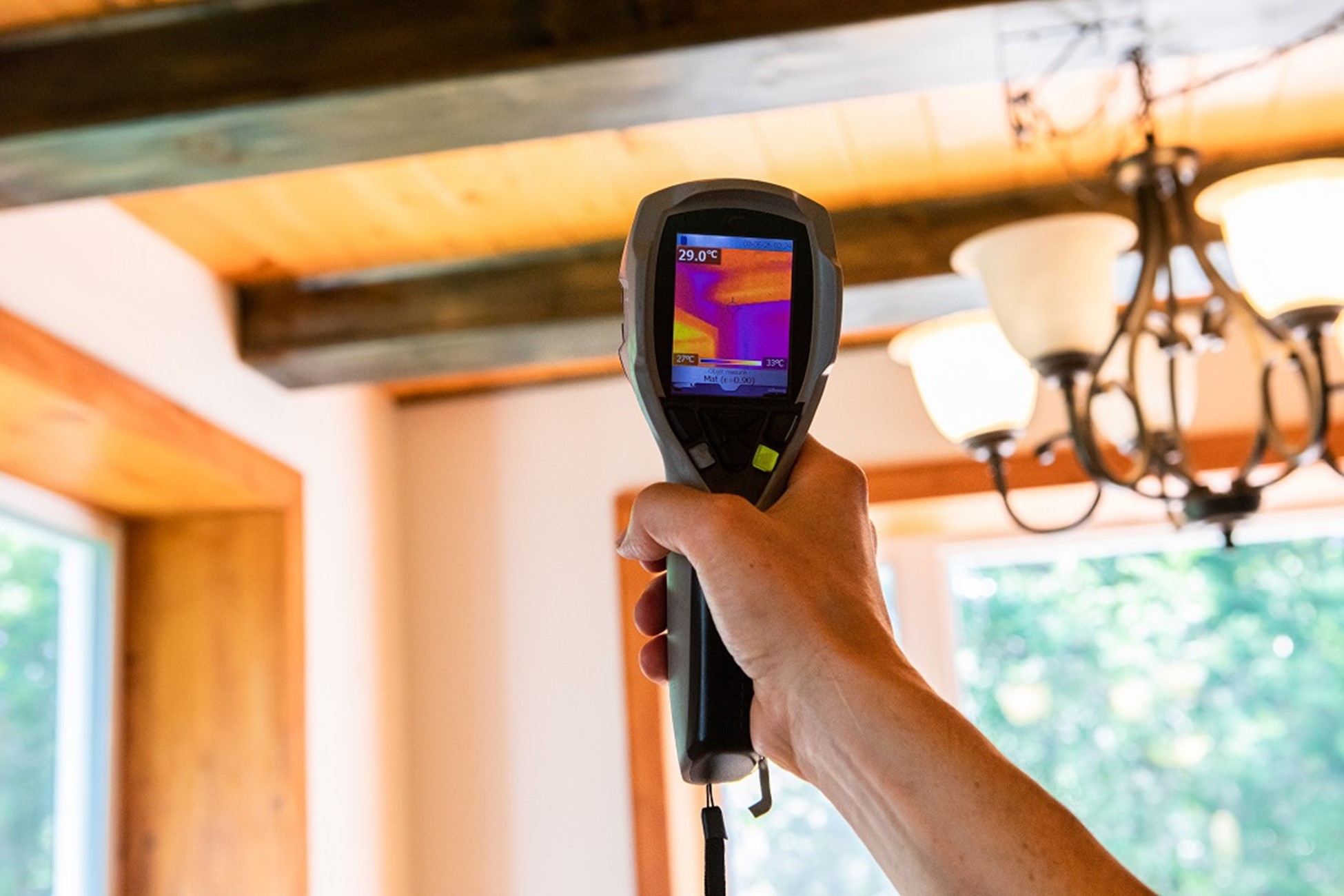Purchasing a home is one of the biggest financial decisions that will be made in your lifetime. In addition to the purchase price of the home, there are many other fees and expenses that are associated with the process of buying a home. These can include expenses such as closing costs, lawyer fees, land transfer tax, and more. While these fees are a mandatory part of buying a home, there are also optional fees such as home inspections, appraisal fees, and more.
Home inspections, although optional, are an extremely valuable assessment of your property and its condition. They give you insights into the current condition of the home and any damages or potential issues that will need to be addressed in the near future. The cost of a home inspection is typically between $300-$500 but can be more depending on your type of home and any requested additional testing. Rather than looking at a home inspection as a type of expense, try to look at it as an investment because it is important that you feel confident in your purchase and in your home.
What Does A Home Inspection Cover?
It is important to find a reputable and impartial home inspector who is thorough and experienced. A good home inspector will closely examine certain components on both the interior and exterior of a home and provide a detailed report of their findings. If possible, you should be present during the home inspection so that you can see the inspector’s findings firsthand and ask questions if needed.
It is important to note that the design of some homes may limit the home inspector’s ability to examine particular elements of the home such as inside walls, hidden foundations, roofs, bulky furniture placement, etc.
Although home inspections are not a fool-proof way of ensuring the condition and quality of your home, they are an excellent way to be informed and minimize your financial risks. Below are the key areas that your home inspector will assess for any concerns:
Exterior
- Foundation
- Roof
- Exterior Walls
- Grading
- Garage/Shed
Interior
- HVAC
- Plumbing
- Electrical
- Condition of Windows, Doors & Door Frames
- Condition of Floors, Walls, Ceilings, Stairs
- Attic & Visible Insulation
- Basement
- Water Heater
- Laundry Room
- Appliances
- Bathrooms
- Fire Safety
- Safety Hazards
- Structural Components
Other Home Inspection Tests
In addition to the interior and exterior components that are listed above, it is a good idea to seek out a home inspector who is able to perform further testing. Some home inspections will have these tests included while some inspectors may charge additional fees for these services.
An example of these valuable tests includes:
- Indoor Air Quality (IAQ) Test – Detects pollutants in the air such as particulates, mold spores, bacteria, carbon monoxide, and more.
- Radon Testing – Radon is a radioactive gas that is odorless and hard to detect without the proper tools. It can leak into your home in multiple ways and become trapped. Long- term exposure to radon is known to increase the chances of lung cancer. Getting the radon test allows you to feel confident about the safety and well-being of your family in your new home.
- Thermal Imaging – Thermal imaging is a valuable tool that gives further insight into the condition of the home behind the walls such as insulation issues and more. It allows inspectors to detect moisture and wet spots in the walls which would otherwise be difficult to detect. Additionally, it can pick up areas in the house that are lacking insulation and could potentially be a source of heat loss.
- Septic Tank Inspections – After running water in the home, a home inspector will typically conduct a visual inspection of the septic tank to ensure there is no standing water and that the tank is in good condition. This is important for preventing unexpected repair and replacement costs for your septic system after purchase.
After the Home Inspection
After the home inspection has been completed on the house you are provided with a report that is full of valuable information about the property and its condition. This report gives you the power and information you need to make the final decision about purchasing the property.
If the home inspector has found significant issues with the home that you are unwilling to fix or deal with, you can walk away from the purchase offer as long as a home inspection contingency was placed in the initial offer.
If there are issues or damages you are willing to deal with, you can either consider asking the sellers to fix the problems before you take ownership of the house or reduce the purchase price to account for these issues and the cost it will require to fix them.
The home inspection gives buyers the upper hand and allows real estate agents to further negotiate the price of the home. In summary, yes, a home inspection is well worth the money. We recommend buyers get this professional advice and insight into any home they are considering purchasing in order to minimize risks and manage expectations.
Buying A House in Niagara Region? Call Davids & DeLaat Today!
Are you looking to buy or sell a home in the Niagara Region? The expert team of real estate professionals at Davids & DeLaat is here to help! We take pride in our customer services and we dedicate ourselves to helping our customers achieve their real estate goals. Take a look at the available MLS listings in The Niagara Region today to get started!




